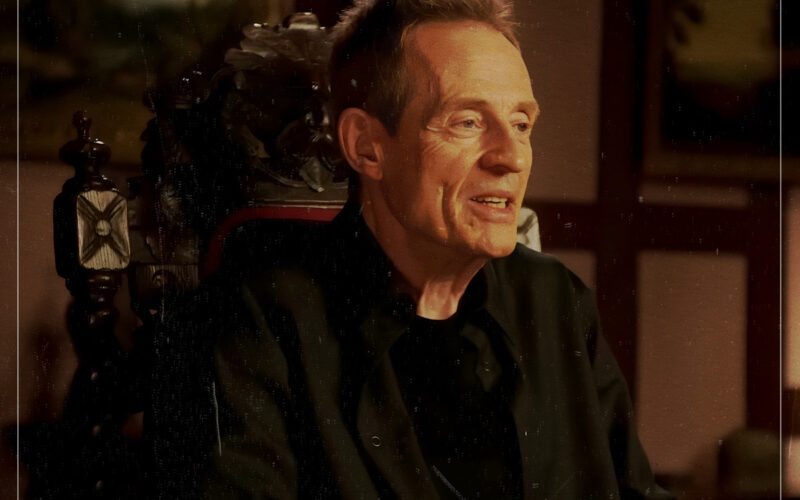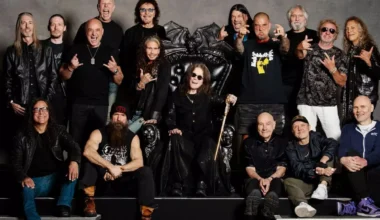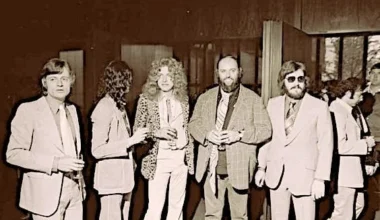It’s easy to think of the biggest rock stars in the world as being set for life the minute that they step out of the spotlight. Everyone wants to quit at the top, and the minute they decide to retire, most of them probably have better things to do than worry about going on another massive tour that will take time away from their family. But after Led Zeppelin imploded, everyone in the band was bound to get thrown for a loop, and John Paul Jones knew that pain all too well.
Then again, ‘Jonesy’ was far from lost the minute he left the group. John Bonham’s death was bound to be a body blow for any member, but he knew that he would spend his time doing what he did best: producing. He had been arranging all of those orchestral pieces in Zeppelin’s discography, so what was stopping him from doing that for other people as well?
And it’s not like he didn’t have some interesting people to work with, either. The thought of one of the members of Zeppelin working with Butthole Surfers may have been a strange choice at the time, but listening to his contributions to REM’s Automatic for the Peoplefelt like a match made in musical paradise, especially when adding those beautiful sweeping arrangements to the song ‘Nightswimming’.
But as much as his arrangements sold well, most people tend to forget that he’s a bass player. His performances on the low end of the mix were what made all of those Zeppelin records jump the way that they did, but as soon as the members went their separate ways, ‘Jonesy’ felt that no one had the time or the patience to care about anything he was doing.
He had much more to give, but as a solo artist and a bassist, the era of MTV discouraged him from playing again, about which he noted, “Though during the 1980s, I couldn’t get arrested. Nobody was interested. I think that was probably down to the baggage of Led Zeppelin. It was like Paul McCartney after The Beatles.” Then again, that was because he hadn’t found the right vehicle yet.
An album like The Thunderthief may have put him in some fans’ good graces again, but since Zeppelin didn’t call him for the semi-reunion of Page and Plant, he finally got a chance to shine as a bassist when working with Them Crooked Vultures. And while the supergroup of Dave Grohl and Josh Homme was working alongside him, Jones wasn’t going to rest on his laurels as a rock and roll god.
He had grown up as a player in between the end of Zeppelin and to where he was then, so when he went for something new, he wanted to make sure it sounded like a musical hurricane when it hit you. There were still going to be moments where he simply supported what Homme was doing on the low end, but listening to a song like ‘Gunman’ is one of the most intense experiences anyone could have had in the late 2000s, complete with a strange swirling riff that never lets up.
It’s borderline criminal that Jones felt left by the wayside during the 1980s, but that’s probably why he’s considered the secret weapon of Zeppelin. No one recognised him next to people like Page and Bonham, but if you take him or any of his arrangements and out of the equation, the whole thing is bound to crumble.






